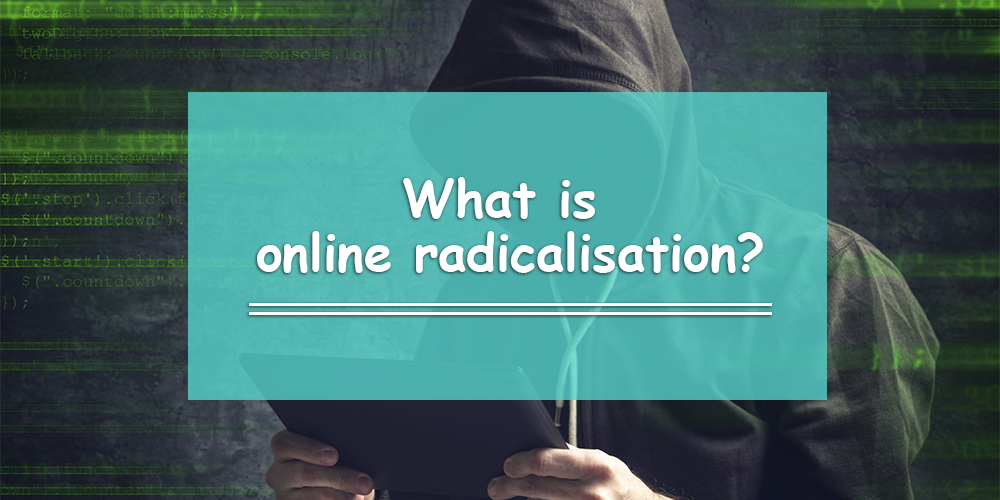What Is Online Radicalisation?
Online radicalisation refers to the process whereby individuals or groups come to approve and (ultimately) participate in the use of violence for political aims. – ICDL Arabia
Over the years, online radicals and extremists have gotten a great deal of attention. The fear seems ever present that young people could be groomed online by violent extremists and even join their causes. Generally speaking, violent extremists declare that they believe that the only way to resolve problems is to harm (and sometimes even kill) others who disagree with their ideologies. What’s worse is that tens of thousands of young teens from all over the world leave their home countries to fight for their causes.
How Are Young Teens Being Influenced by Online Radicals?
Most adolescents embrace social media every day throughout the day to engage with friends and family and network with like-minded people. Online radicals use these platforms to promote very specific, narrow-minded, extremist ideas to as many people as possible. However, it does not always happen like this. In fact, most radicalised recruiters use the same cyber exploitation methods as online sexual predators, such as online grooming.
Mobile apps allow online radicals to reach out to adolescents in a more private setting. Through these platforms, they can have one-on-one conversations with minors and groom them. Combining these methods with propaganda, this could potentially entice several teens into believing that they can join their group and live a more fulfilling and exciting life.
What Can Teachers Do to Prevent Kids from Being Radicalised?
Above all, teachers need to work with school administrators to develop school policies and awareness programmes that cater to students and parents. They can learn more about the social media platforms children are using and search for information that can help prevent kids from being exposed to propaganda online.
Furthermore, they can teach their students how to become less digitally naive, meaning they will be able to think critically about the accuracy of online content, and confide in a responsible adult whenever they see something upsetting.
If you’re interested in combating online radicalisation and/or learning more about efforts made in the MENA region, contact us at info@onlinesense.org.


